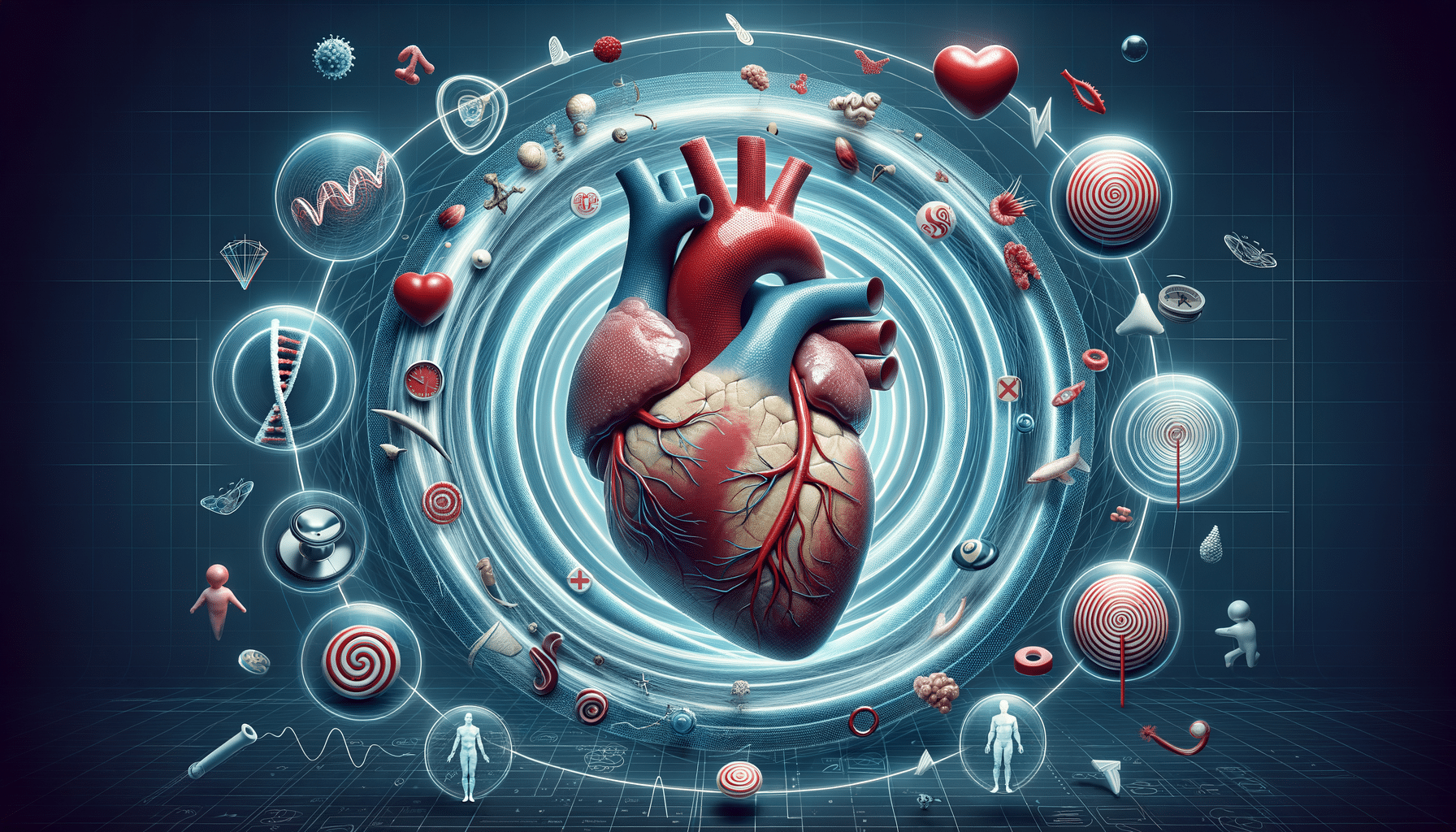
What Can Cause Dizziness With Cardiovascular Diseases?
Introduction to Dizziness and Cardiovascular Diseases
Feeling dizzy is an unsettling experience that many people face at some point in their lives. However, when dizziness becomes a frequent companion, it might be indicative of underlying health issues, particularly related to cardiovascular diseases. Understanding the connection between heart health and dizziness can provide valuable insights for those seeking answers to their unsteady sensations. This article delves into the common cardiovascular conditions linked to dizziness, exploring how these conditions can lead to symptoms of dizziness and what diagnostic approaches can be taken.
Common Cardiovascular Conditions Linked to Dizziness
Several cardiovascular conditions are known to be associated with dizziness. Among these, coronary artery disease, heart failure, and valvular heart disease stand out. These conditions can reduce the heart’s ability to pump blood effectively, leading to inadequate blood flow to the brain, which is a primary cause of dizziness.
In addition to these, arrhythmias—irregular heartbeats—play a significant role. The impact of arrhythmias on dizziness in cardiovascular disease patients is profound, as they can cause sudden drops in blood pressure, leading to lightheadedness or even fainting spells. It’s crucial for individuals experiencing such symptoms to seek medical evaluation to determine the root cause.
Other conditions like hypertension and atherosclerosis can also contribute to dizziness. These issues can lead to narrowed or blocked arteries, restricting blood flow and potentially causing dizzy spells. Understanding these conditions helps in identifying potential cardiovascular problems early on, allowing for timely intervention and management.
How Cardiovascular Diseases Lead to Dizziness Symptoms
The connection between cardiovascular diseases and dizziness is primarily linked to how these diseases affect blood circulation. The role of blood pressure changes in dizziness with cardiovascular diseases is a critical factor. When blood pressure drops suddenly, the brain may not receive enough oxygen-rich blood, resulting in dizziness.
Moreover, heart conditions such as heart failure can lead to fluid accumulation in the lungs and other parts of the body, further complicating the oxygenation process. This can exacerbate dizziness symptoms, particularly during physical activity or sudden changes in position.
Additionally, the heart’s inability to maintain a steady rhythm, as seen in arrhythmias, can cause erratic blood flow, leading to moments of dizziness. Patients with these conditions often report feeling lightheaded or experiencing vertigo, highlighting the importance of addressing cardiovascular health to manage these symptoms effectively.


